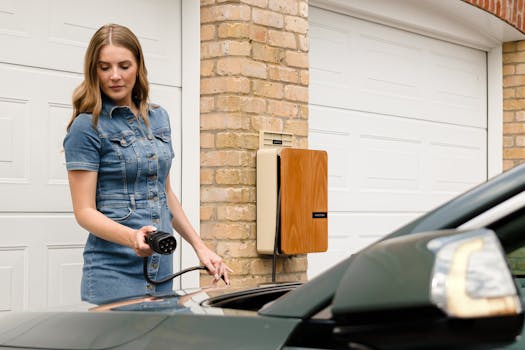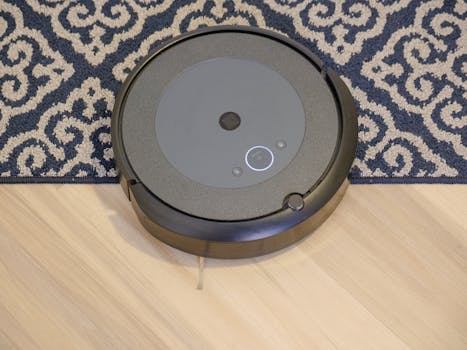
Smart Homes and Smart Living: The Technological Transformation of European Homes by 2025
Smart Homes and Smart Living is revolutionizing the way we live, and by 2025, European homes will be at the forefront of this technological transformation. The integration of innovative technologies such as artificial intelligence, Internet of Things (IoT), and energy-efficient systems will create a more convenient, sustainable, and connected living space.
Introduction to Smart Homes

A smart home is a residence that uses advanced technology to automate and control various aspects of the living space. This can include lighting, temperature, security, entertainment, and even household appliances. The goal of a smart home is to create a comfortable, convenient, and energy-efficient environment that enhances the overall quality of life.
Key Features of Smart Homes

- Energy Efficiency: Smart homes are designed to reduce energy consumption and lower utility bills. This is achieved through the use of energy-efficient appliances, smart lighting, and advanced heating and cooling systems.
- Home Automation: Smart homes can be controlled remotely using a smartphone or tablet. This allows homeowners to adjust lighting, temperature, and security settings from anywhere in the world.
- Artificial Intelligence: Smart homes can learn and adapt to the habits and preferences of the occupants. This enables personalized experiences, such as adjusting lighting and temperature settings based on individual preferences.
- Internet of Things (IoT): Smart homes are connected to the internet, allowing for seamless communication between devices and appliances. This enables features such as voice control, remote monitoring, and automated maintenance.
Technological Transformation of European Homes by 2025

By 2025, European homes will undergo a significant transformation, driven by advances in technology and changing consumer needs. Some of the key trends that will shape the future of smart homes in Europe include:
- Increased Adoption of Voice Control: Voice-controlled assistants such as Amazon Alexa and Google Home will become more prevalent, enabling homeowners to control their smart homes with ease.
- Integration of Artificial Intelligence: AI-powered smart homes will become more common, offering personalized experiences and optimized energy efficiency.
- Growing Demand for Energy Efficiency: European homeowners will prioritize energy efficiency, driving the adoption of smart energy management systems and renewable energy sources.
- Enhanced Security Features: Smart homes will incorporate advanced security features, such as biometric authentication and AI-powered surveillance systems.
Benefits of Smart Homes

The benefits of smart homes are numerous, and they can be summarized as follows:
- Convenience: Smart homes offer unparalleled convenience, enabling homeowners to control their living space with ease.
- Energy Efficiency: Smart homes can significantly reduce energy consumption, lowering utility bills and minimizing environmental impact.
- Enhanced Security: Smart homes incorporate advanced security features, providing homeowners with peace of mind and protection against potential threats.
- Increased Property Value: Smart homes can increase property value, making them more attractive to potential buyers and renters.
Challenges and Limitations

While smart homes offer numerous benefits, there are also challenges and limitations to consider:
- High Upfront Costs: The initial investment in smart home technology can be significant, making it inaccessible to some homeowners.
- Complexity: Smart homes can be complex to set up and maintain, requiring a certain level of technical expertise.
- Security Risks: Smart homes are vulnerable to cyber threats, highlighting the need for robust security measures and regular software updates.
- Interoperability Issues: Smart devices from different manufacturers may not be compatible, limiting the overall functionality of the smart home.
Conclusion

Smart Homes and Smart Living is the future of residential living, and by 2025, European homes will be at the forefront of this technological transformation. While there are challenges and limitations to consider, the benefits of smart homes far outweigh the drawbacks. As technology continues to evolve, we can expect to see even more innovative features and applications in the world of smart homes.






